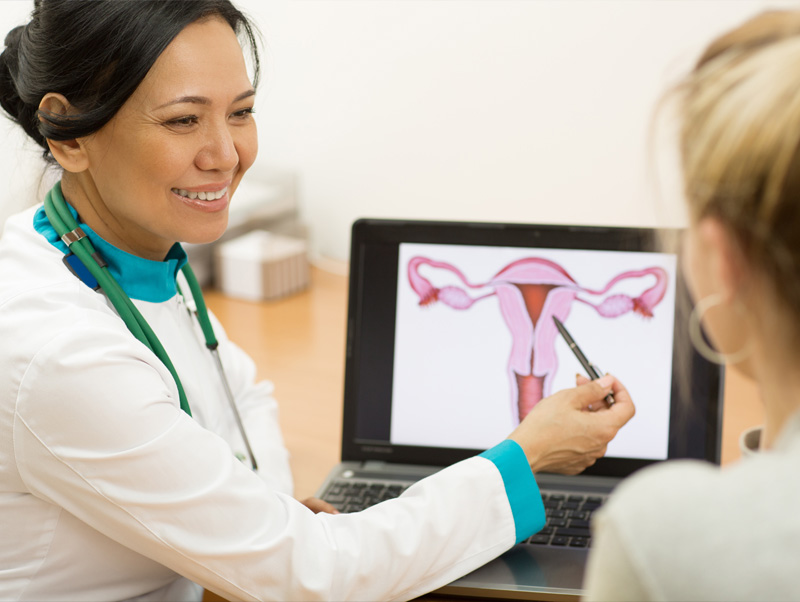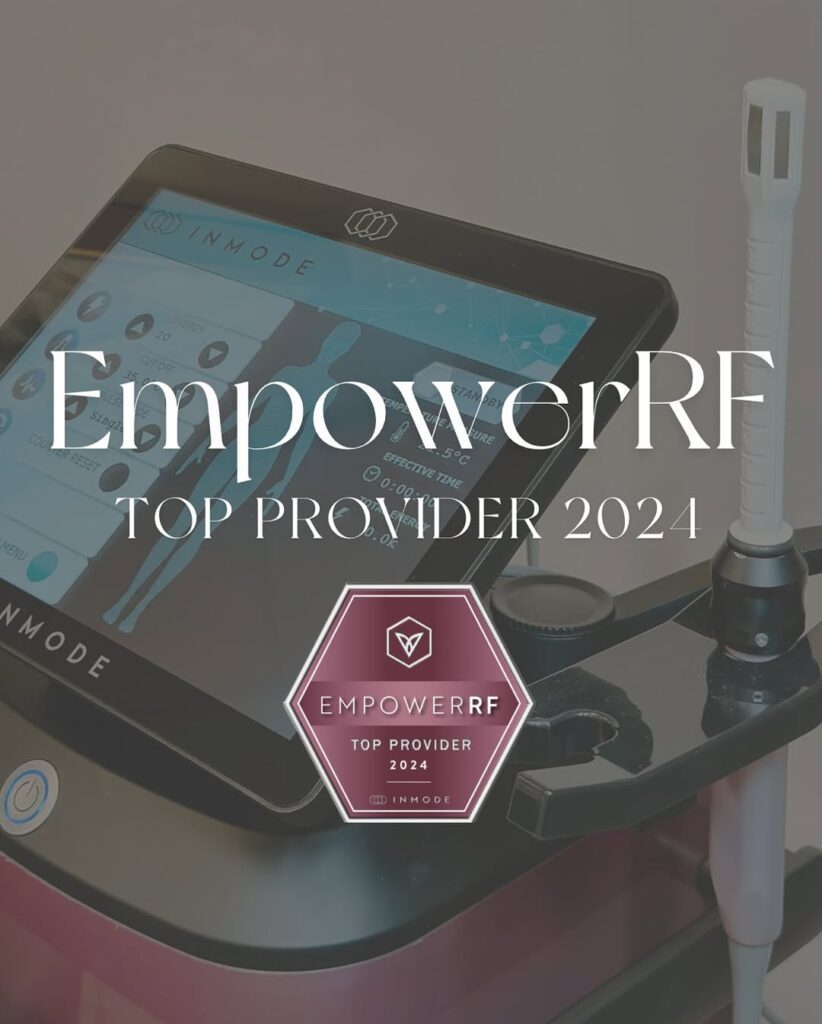Blog
What is Gynecology? Your 101

The Gynecologist. At some point, you may have been told you should go see one, but what exactly is a gynecologist? And why would you choose to see one instead of your primary care or family medicine doctor? Let’s take a look at all things gynecology.
What is Gynecology?
Basically, gynecology is a specialization that a doctor can choose to study and practice. According to Merriam-Webster Dictionary, gynecology is
“the branch of physiology and medicine which deals with the functions and diseases specific to women and girls, especially those affecting the reproductive system.”
This is a standard definition. You’ll have a better understanding of gynecology as we learn more about what gynecologists do.
What are Gynecologists?
Gynecologists are trained doctors who specialize in women’s health. This means they focus on the female reproductive system This allows them to help women with a range of issues, including:
- pregnancy
- childbirth
- menstruation
- fertility issues
- sexually transmitted infections (STIs)
- hormone disorders
- perimenopause
A qualified gynecologist will therefore have a minimum of 8 years of training and has certification and registration with professional organizations.
When Should You See a Gynecologist?
A gynecologist can treat a girl or woman of any age. However, yearly gynecological visits should start when a young woman is 13 to 15 years old or when they start their first period. This is because their relationship with a gynecologist enables a girl or woman to feel more comfortable talking about menstruation and sexuality.
To start and maintain this important relationship, the minimum recommendation is for a yearly gynecological exam. At this exam, you may also want to go to a gynecologist if you have
- pelvic, vulvar, or vaginal pain
- abnormal bleeding
- symptoms of menopause or hormone imbalance
- painful, heavy, or irregular periods
- difficulty conceiving
- a need to obtain contraception
In addition, if you think you’re pregnant, are pregnant, or are concerned that you may have an STI, it’s a good idea to visit a gynecologist.
Things to Discuss When You Visit Your Gynecologist
In the light of what we’ve been saying, you should feel free to talk with your gynecologist about any health concerns, sexual issues, and even emotional disturbances. That’s because what you share with them will help them determine if this is related to something they can diagnose and treat. Alternatively, they’ll decide they need to refer you to another type of practitioner.
When you talk with your gynecologist you should definitely tell them about these things:
Painful Periods
Painful periods can involve abdominal cramping, breast tenderness, and headaches. These can often be relieved or treated. They can also be signs of other problems.
Vaginal Odor
You may feel like avoiding this topic completely! But certain vaginal odors can clue your gynecologist in to possible bacterial overgrowth or vaginal infections.
Bumps, Growths, or Swelling “Down There”
A growth in your vagina or around your labia could be as simple as an ingrown hair or a pimple. But it could also be genital warts or herpes lesions.
Painful Sex
Talking about sexual discomfort with your gynecologist may have surprising benefits. Your doctor can treat vaginal dryness, give you advice on other positions if you have painful sex, or diagnose why you have bleeding after intercourse.
Sexual History
A good gynecologist will not judge you. They need to know how many partners you’ve had and how old you were when you first had intercourse. They also need to know if you’ve had any sexually transmitted diseases (STDs), and your sexual orientation and gender identity.
Urinary or Fecal Incontinence
Anal leakage and urinary accidents aren’t just uncomfortable to talk about. They can be very stressful and take a toll on your quality of life. Depending on the source of the incontinence, there may be medical or surgical management options available for relief.
Low Libido
Low libido and sex drive are common. They often stem from treatable conditions, medications, or lifestyle. Your gynecologist can help you decide on the root cause and work out a treatment plan with you.
What to Do When You See a Gynecologist
- Be honest. Sharing your health concerns and lifestyle choices gives your gynecologist a better idea of your situation. This enables them to help you to the best of their ability.
- Relax. Pelvic exams and pap smears may be uncomfortable but are not usually painful.
- Don’t worry about body odors. Body odors are natural. If something is off, your body may be giving off a particular smell that your gynecologist needs to know about.
- Don’t have sex, douche, or use tampons for two days before your appointment.
- You can have someone with you at the visit if you want to, either in the room or outside the door.
- You don’t need to trim or mow the landscape. Your gynecologist won’t be judging your bikini line.
If you’re on your period, you can still go ahead with the visit if you have symptoms or need urgent care. If you don’t have those concerns, it may be better to reschedule.
What’s Does a Typical Gynecology Visit Include?
Your yearly checkup is a typical gynecology visit and will include:
- taking a thorough medical history
- a physical examination. This will include measuring standard vital signs, your body mass index (known as your BMI), checking the abdomen and inguinal lymph nodes, and assessing overall health
- a pap smear, depending on your age
- a pelvic examination
- a breast examination, as appropriate for your age
- blood tests
- possibly a urine sample for a screening test
- possible immunizations based on age and risk factors
- evaluation
- advice
Your gynecologist may also order you a mammogram or colonoscopy, depending on your age and risk factors.
Common procedures that can be performed by a GYN
Gynecologists can take on a variety of tasks in their role as your care provider.
Diagnostic screenings that they can perform include:
- pap smears
- ultrasound scanning
- colposcopy
- endometrial biopsy
- hysteroscopy
Gynecologists can also
- Prepare patients for surgery
- Do a laparoscopy
- Perform minor surgeries like sterilization
- Carry out major surgeries like removing fibroids from the uterus
- Attend to postoperative care and treat complications
What is the Difference Between a Gynecologist and an Obstetrician?
An obstetrician is a gynecologist who specializes in pregnancy and childbirth. They focus on taking care of pregnant women, delivering babies, and taking care of babies right after they are born. An ob-gyn is trained to do all of these things.
We Are Here to Help You with Your Gynecology Issues
At Health Horizons, our gynecology practice specializes in women’s care. We’d love to talk with you and answer any questions that you might now want to discuss. Contact us today for an appointment!


